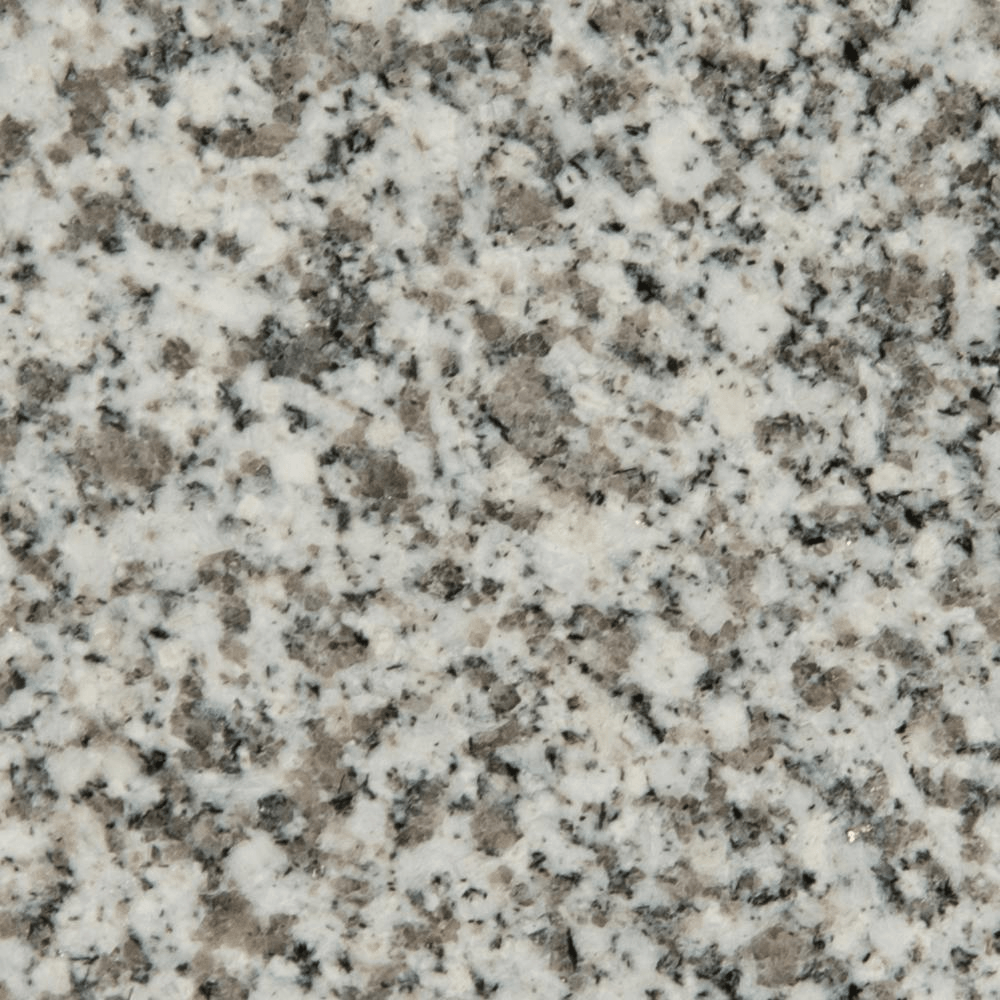Geologists describe rocks by observing three things. page 129
Mineral composition, color, texture
This rock is formed from cooled magma or lava.
page 131
Igneous rock
When small particles or the remains of plants and animals are pressed together, it makes this rock.
(page 132, paragraph 1)
Sedimentary
Metamorphic rock is changed by ________ and _____________.
Page 133, paragraph 1
heat and pressure
Magma is subject to ________________ and _________________ when it cools. (page 134)
weathering, erosion
How did the rock in Monument Valley get its color? page 129 (figure 1)
The result of iron oxide minerals exposed within the rock
The texture of igneous rock depends on the ______ and the ___________ of its mineral crystals.
Page 131 paragraph 3 or 4
size, shape
Small, solid pieces of material from rocks or other living things. (page 132, paragraph 1)
Sediment
True or false: most metamorphic rock forms near the Earth's crust
Page 133, paragraph 1 or 2
False, it forms deep inside the earth.
Volcanic eruptions shoot up _____________ (page 134)
magma
True or false: About 50 minerals make up most of the rocks on Earth's crust?
Page 130
False. About 20 minerals make up most of the rocks on the earth's crust.
A fine grained rock similar to granite (page 131, figure 3)
Rhyolite
Sandstone, shale, and limestone are all examples of:
page 132, paragraph 1
sedimentary rock
Very high ____________ can transform a rock into metamorphic rock (page 133)
pressure

Choose your next question and double your points or double your losses.
A rock's _________ provides clues to the rock's mineral composition.
page 130
color
A course grained intrusive rock (page 131, figure 3)
Diorite
Freezing, thawing, and other forces are examples of __________ and ___________.
page 132
Weathering and erosion
Metamorphic rocks whose grains are arranged in parallel layers are said to be ________________
Foliated
All rocks are a product of the __________ that flows through the Earth's system. (page 134)
energy
To describe the texture of a rock, scientists look at the size, shape, and pattern of the __________.
Page 130
grains
Intrusive rock is a type of igneous rock that forms when magma hardens beneath the surface. This image shows the most abundant type of intrusive rock. What is it? (page 131)

Granite
Rocks are broken down, eroded material is transported, sediment settles out of water, layers of sediment are compacted, minerals glue sediment together.
Name the 5 processes taking place in this sequence
1) Weather and Erosion 2) Transportation 3) Deposition 4) Compaction 5) Cementation
The physical appearance, texture, and crystal structure of a rock can all change when enough __________ is applied. (page 133)
pressure
The energy that forms sedimentary rock comes from _______, whereas igneous and metamorphic rocks come from energy created by the _______. (page 134)
the sun, Earth's core
Normally a light colored rock has a high silica content and is rich in ________ and __________
silicon and oxygen - Paragraph 2, page 130
Extrusive rocks are called _________ when they cool too quickly to form any mineral.
glass - paragraph 4 - page 131
Exposed iron oxide can create a striking _______ color
red - Page 129, Figure 1
The particles of minerals or other rocks are called____________
grains - page 130, paragraph 3
What rock forms tens of kilometers below the Earth's surface and is mined when it ends up close to the surface? It is used as a road building material or just a building material.
Granite - Page 131, paragraph 3